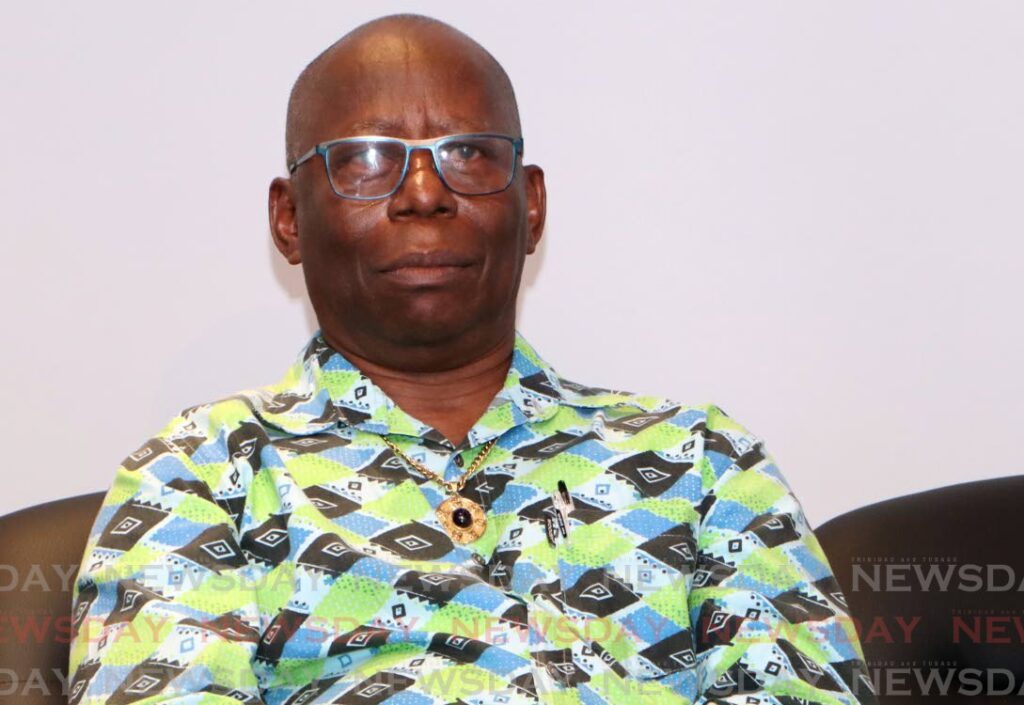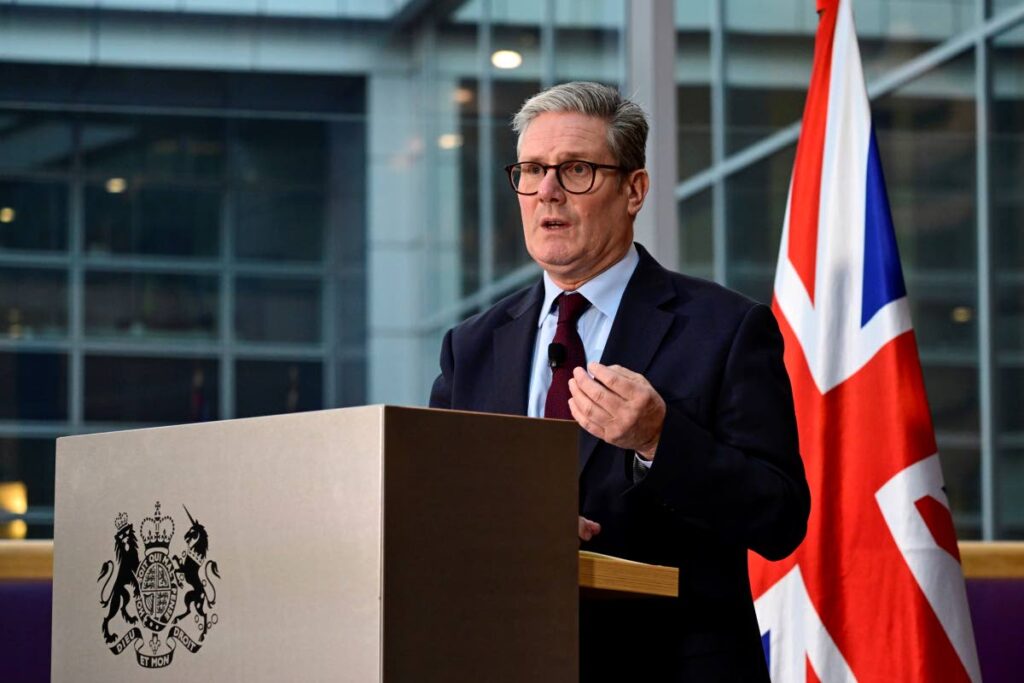Fergus rejects UK stance on reparations

THE Trinidad and Tobago National Committee on Reparations chairman Dr Claudius Fergus has rejected a recent position taken by the British government that the issue of reparations will not be on the agenda of the upcoming Commonwealth Heads of Government Meeting (CHOGM) in Samoa.
The CHOGM takes place from October 21-26.
On October 14, the UK Guardian reported that a spokesperson for Prime Minister Keir Starmer said reparations were not on the agenda for CHOGM.
"Just to be clear, reparations are not on the agenda for the Commonwealth heads of government meeting. Secondly, the government’s position on this has not changed. We do not pay reparation," the spokesperson said.
On October 19, the BBC reported that the UK government said there would be no apology for Britain's role in the transatlantic slave trade at CHOGM.
The BBC quoted a government spokesperson saying its focus will be on current issues, such as driving growth across its economies.
In a statement sent by WhatsApp on October 20, Fergus said, "The obstinacy of the British government to attempt to veto discussion on reparation at CHOGM 2024 is an insult and abomination to the descendants of the victims of these crimes against humanity.
"It must not be tolerated and must be defeated by other conscientious heads of state."
The committee, he continued, fully supports a position taken by Caricom Reparations Commission chairman Prof Hilary Beckles that no carpet is big enough to sweep under the just demand for reparations from Britain for its leading role in the human trafficking and enslavement of Africans for hundreds of years.
"We also affirm that the time-lapse since emancipation in 1838 is not long enough to nullify the justification for reparatory justice for the descendants of the victims of these crimes against humanity."

Fergus said, "On the eve of the Emancipation Act of 1833, Thomas Buxton, parliamentary leader of the Anti-Slavery Society, acknowledged Britain owed the soon-to-be emancipated Africans compensation 'for their barbarous removal (from Africa) and enslavement' in her plantation colonies."
He added, "Instead of compensation, the government instituted draconian policies to deprive emancipated Africans access to land and keep them in a state of permanent subjugation."
Fergus said that now is the "time of reckoning" and the reparations movements would not retreat or relent until concedes, starting with a formal apology.
"The argument that the current generation of Britons had nothing to do with slavery or the slave trade is without merit because these two crimes were foundational to Britain’s infrastructure of economic and financial prosperity and global power from which the current generation continues to benefit."
At Emancipation Day celebrations in Port of Spain in August, the Prime Minister said Caricom intends to speak "forcefully" on the issue of reparations at the CHOGM.
Dr Rowley said, "When we meet in Samoa, the Caribbean leaders took a decision this week to very forcefully speak to the Commonwealth as one voice, and there is one particular country with a new King (the UK’s King Charles) and a Labour government with an outstanding mandate, and we look forward to the reaction in October.”
He added, "Because I believe that until respect of people becomes acknowledged by those who hold authority, African people will continue to be viewed as second and third-class, and we will continue to have to fight for freedom and respect."
Fergus also said the Church of England provided the religious justification for the trafficking of tens of millions of Africans out of Africa and the enslavement of the survivors and their offspring in British and other European colonies in the Caribbean and mainland North America.
He recalled that last January, the Archbishop of Canterbury Justin Welby announced a 100 million pound sterling compensation package for the benefits that the church received from the slave trade and slavery.
Fergus said the current secular head of the church is King Charles III while Welby is its spiritual and administrative head.
"It is grossly anomalous that the spiritual head of the church would apologise for slavery and commit to paying compensation while the secular head of the church is prevented from taking a similar course of action by the Prime Minister."
Fergus said, "For the British government, this is a catch-22 situation that could only be resolved by allowing the King to bridge the gap between church and state by issuing an apology at the CHOGM 2024 meeting in Samoa."

Comments
"Fergus rejects UK stance on reparations"